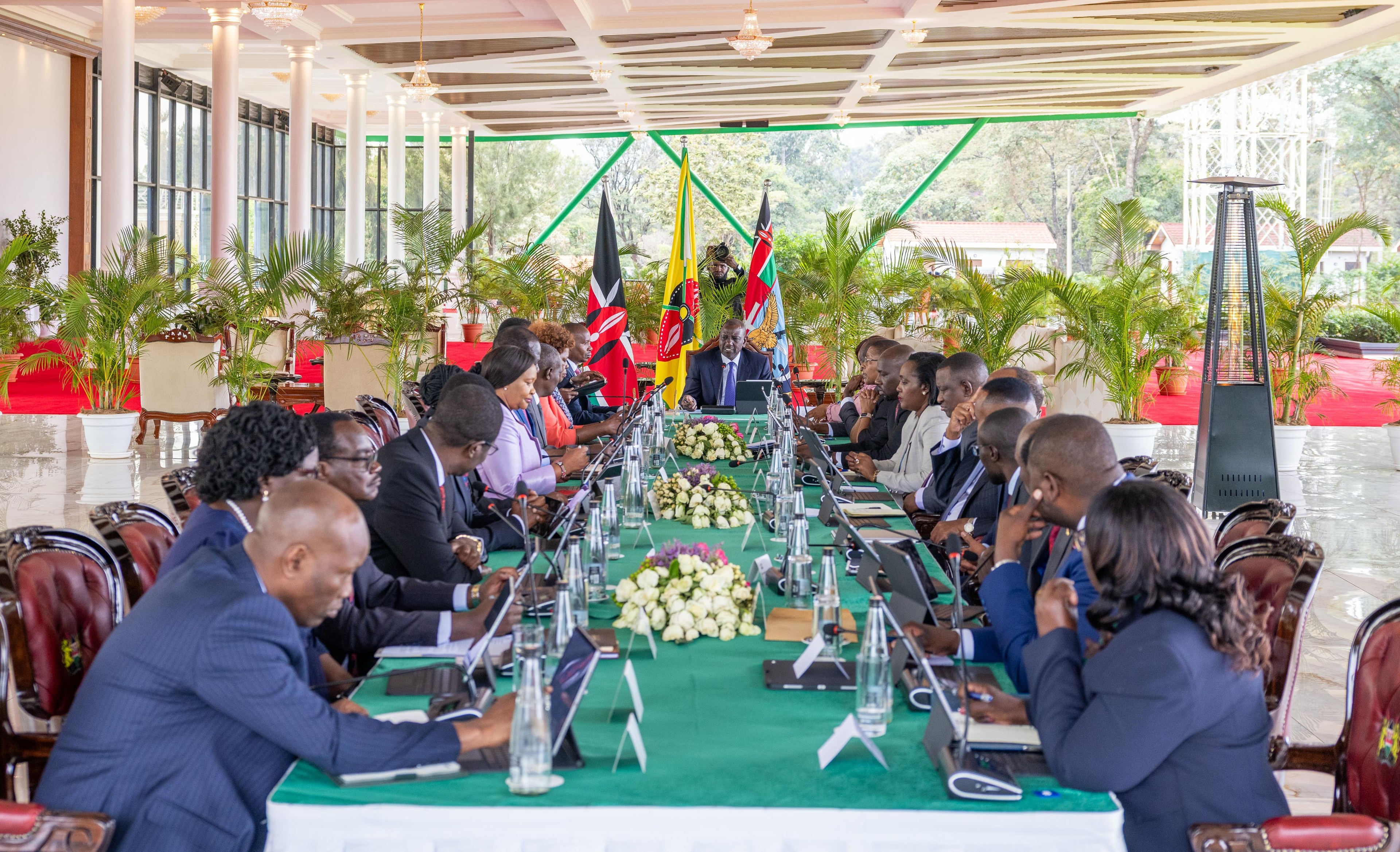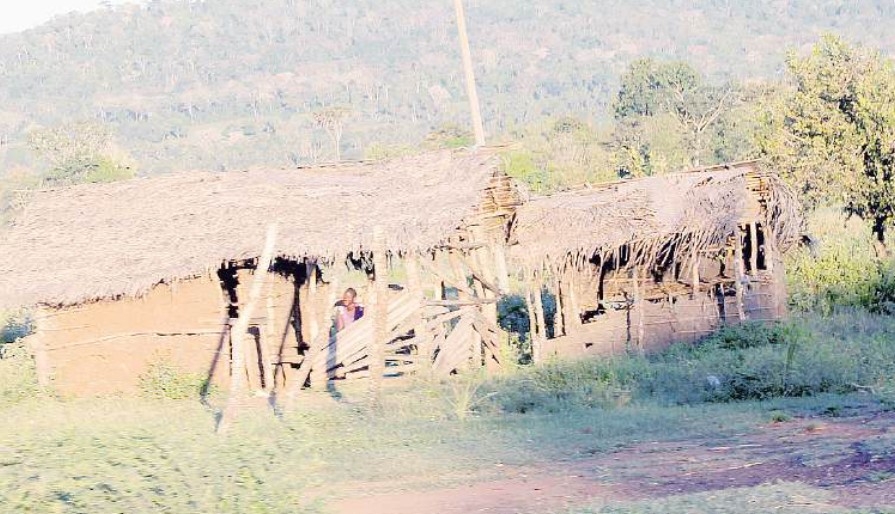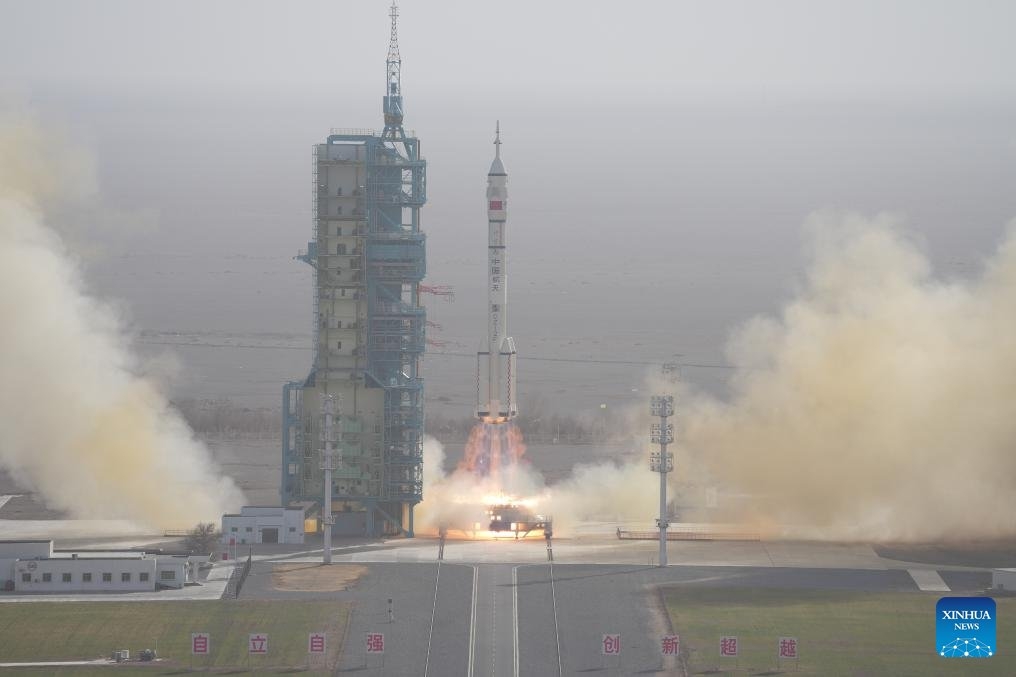
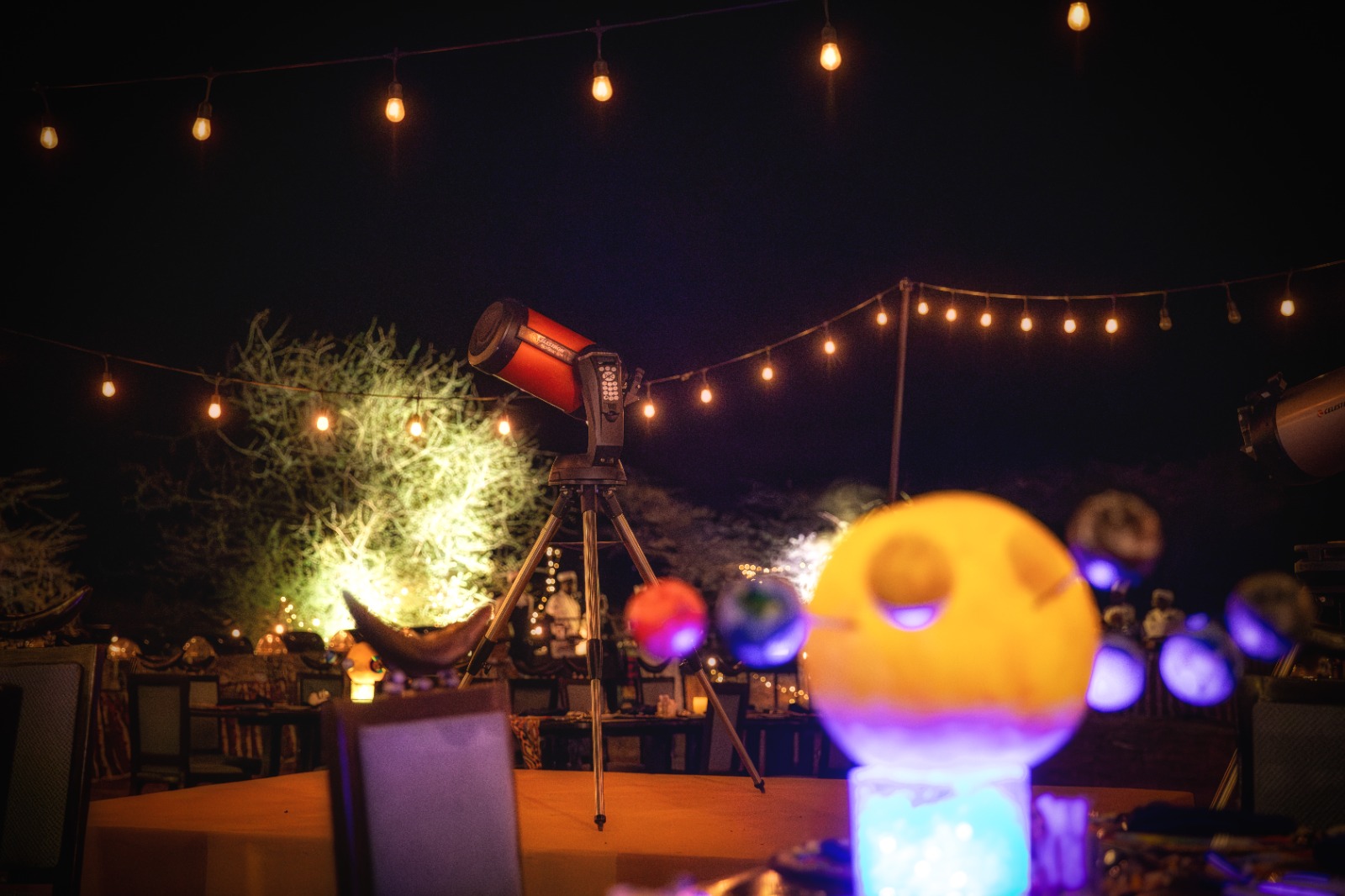
After a seven-hour drive weaving through the scenic landscapes of Central Kenya, I finally arrived at the breathtaking Samburu Sopa Lodge.
It’s nestled deep within the heart of Samburu National Reserve.
The journey from Nairobi to Samburu was nothing short of magical: endless stretches of savannah, occasional glimpses of wildlife and a growing anticipation for what promised to be a one-of-a-kind launch — the official unveiling of Astro Tourism in Kenya.
For those who prefer to skip the road trip, there’s the option of a 50-minute flight from Wilson Airport to Samburu Kalama Airstrip, followed by a 45-minute drive to the lodge.
Either way, the destination is worth every mile. Set against rugged hills and vast wilderness, Samburu Sopa Lodge rises like a mirage, blending seamlessly into the landscape with its traditional Samburu-inspired architecture.
It’s a living tribute to local heritage, and proudly staffed by sons and daughters of the community.
It was here, beneath Samburu’s unpolluted skies, that Sopa Lodges, in partnership with Leo Sky Africa, launched their visionary new product: Astro Tourism.
In a time where light pollution and urban sprawl have dulled the brilliance of our night skies, this initiative promises to reconnect us with the cosmos, not just as tourists but also as learners, storytellers and guardians of culture.
“In an age where light pollution clouds our skies, the stars, once a source of wonder, navigation and cultural storytelling, are fast disappearing from view,” the event’s opening statement reminded us.
Yet here, amidst Samburu’s serenity, the stars shine unapologetically bright.
“It is a proud moment for us at Sopa Lodges to introduce our latest innovation — Astro Tourism,” said Kennedy Ayoti, chief operating officer of Sopa Lodges East Africa.
“This innovative experience is a game changer in the region, combining Samburu’s naturally dark skies with rich community narratives and cultural beliefs surrounding celestial events.
“With the introduction of Astro Tourism, Sopa Lodges now proudly offers a ‘special six’, adding the stars to our iconic Samburu special five.”
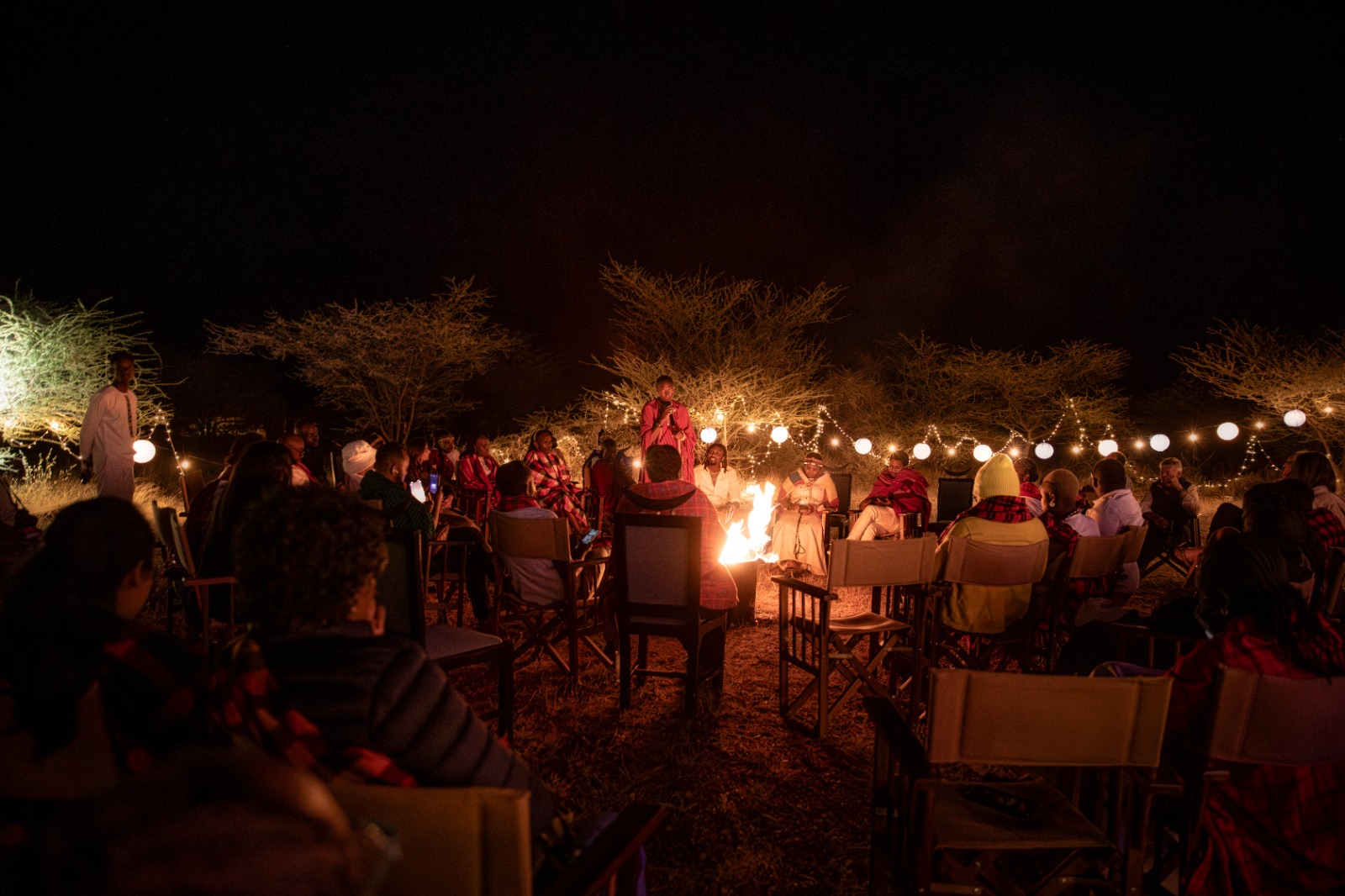
SETTING SIGHTS HIGHER
From the moment the sun dipped below the horizon and darkness fell, the atmosphere transformed.
Guests gathered around a camp re while trained astronomers and Samburu elders took us on an awe-inspiring journey through the cosmos.
We weren’t just identifying constellations or spotting meteor showers. We were experiencing the sky as the Samburu people have for generations — through stories, songs and spiritual connections.
Rosemary Kuria, director of sales at Sopa Lodges, emphasised the deeper vision.
“This unique, immersive experience invites our guests to connect with the cosmos in ways that are educational, culturally enriching and deeply respectful of the natural environment,” she said.
“Now, we are setting our sights even higher.” And truly, the skies here are unlike any other.
Kenya’s equatorial position provides a rare celestial window into both the northern and southern hemispheres — a dream for astronomers and astrophotographers alike.
Kimani wa Nyoike, expert astronomer and founding director of Leo Sky Africa, said their role is to guide and support the trained astronomers in delivering immersive and insightful stargazing experiences.
“Samburu offers some of the most pristine night skies in the world,” he said.
“It is truly an exceptional setting for connecting people with the universe.”

SUSTAINABLE TRAVEL
But Astro Tourism is more than stargazing. It’s a holistic and sustainable travel model that celebrates indigenous knowledge while investing in the local community.
With eco-friendly practices at its core, the programme provides employment, training and cultural exchange opportunities, ensuring that Samburu’s natural and cultural heritage thrives for generations.
This powerful blend of science, heritage and sustainability sets a new benchmark for experiential tourism in Kenya and across Africa.
“Astro-tourism is an immersive experience that invites travellers and photographers to explore the night sky, while engaging with the science and stories behind celestial phenomena,” Kimani said.
“At Samburu Sopa Lodge, we aim to make the cosmos accessible and fascinating for everyone, whether you are a seasoned astronomer or a curious novice.
“It is about connecting with the universe in an enlightening and entertaining way.”
At the heart of this initiative is a powerful fusion of astronomy and indigenous knowledge.
Visitors gather around the bonfire under Samburu’s crystal-clear skies, where trained astronomers, local community members and guests share captivating interpretations of the stars, blending scientific insight with traditional Samburu storytelling.
This integration of culture and science offers a deeper and more meaningful understanding of the cosmos, while honouring the customs of the local community.
And by promoting responsible travel, Astro Tourism ensures that guests enjoy the beauty of the night sky, while helping preserve Samburu’s natural and cultural heritage for future generations.
ABOUT THE LODGE
Founded in 1986, Sopa Lodges has long been known for offering authentic safari experiences in Kenya and Tanzania.
Its properties include Masai Mara Sopa Lodge, Lake Naivasha Sopa Resort and Tarangire Sopa Lodge.
This new venture into Astro Tourism takes their legacy a step further — from the plains to the stars.
As I stood under Samburu’s dazzling night sky, I couldn’t help but feel deeply moved.
This wasn’t just a launch, it was a reawakening. A reminder that even in a modern world, the stars still speak.
And in Samburu, they’re finally being heard.





